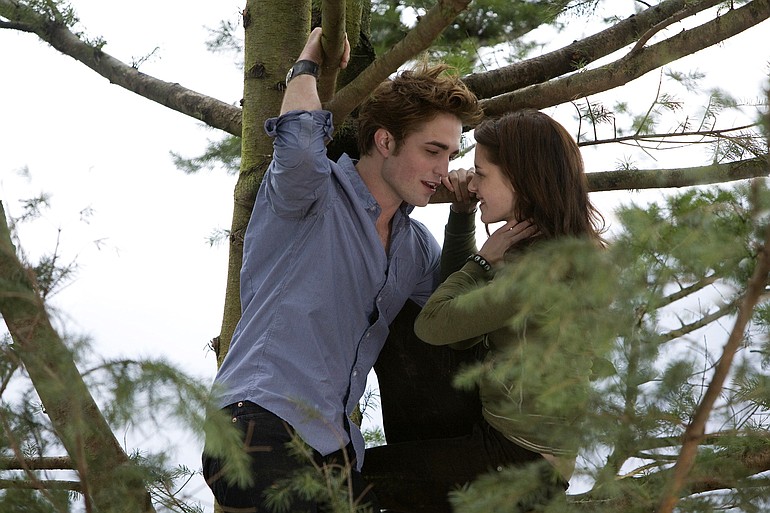OLYMPIA — Washington is boldly going where few states have gone before: It is ending incentives for the film industry.
An arms race among states in recent years led almost all to offer various benefits to lure production studios. Up until the start of July, Washington was offering a 30 percent rebate off the amount of money spent in the state — but lawmakers declined to extend the program.
The industry warns that Washington stands to lose future productions because it can’t compete with the incentives offered in Vancouver to the north and Oregon to the south.
“We become a quintessential fly-over state,” said Amy Lillard, executive director at incentives-managing group Washington Filmworks. “We are between two very aggressive jurisdictions. If you’re a producer and a businessperson, it doesn’t make sense to come to Washington.”
Even with the film incentives, Washington still wasn’t getting work that would logically be shot in the state. The vampire-and-werewolf story behind the popular movie “Twilight” was based in Forks but much of the film was shot in Oregon. The television series “The Killing,” meanwhile, is set in Seattle but filmed in Vancouver, B.C.
Lillard said the “Twilight” movie bypassed the state because Washington’s incentives didn’t match Oregon’s, while “The Killing” went to Canada because of uncertainty over the future of Washington’s incentives. The group still has about $3.5 million raised in the first half of this year to lure productions and has recently approved four new projects, but Lillard said others are already reconsidering shooting in Washington.
The state Senate did approve years of additional benefits for the industry, but the measure failed in the House. State Sen. Jim Kastama, D-Puyallup, said he wasn’t convinced the incentives had a substantial economic impact. And he thought it would be better to spend tax dollars in research and development — or other areas that could produce future industries and technologies that will substantially impact the state’s economy.
“I would say the film industry is way down on the value chain,” Kastama said. “If you had to make the tough decisions, this would not be a top priority.”
Numbers provided by Washington Filmworks showed that about $5.4 million worth of incentives committed in 2010 helped bring 23 projects — mostly commercials — that included about $18 million worth of spending.



